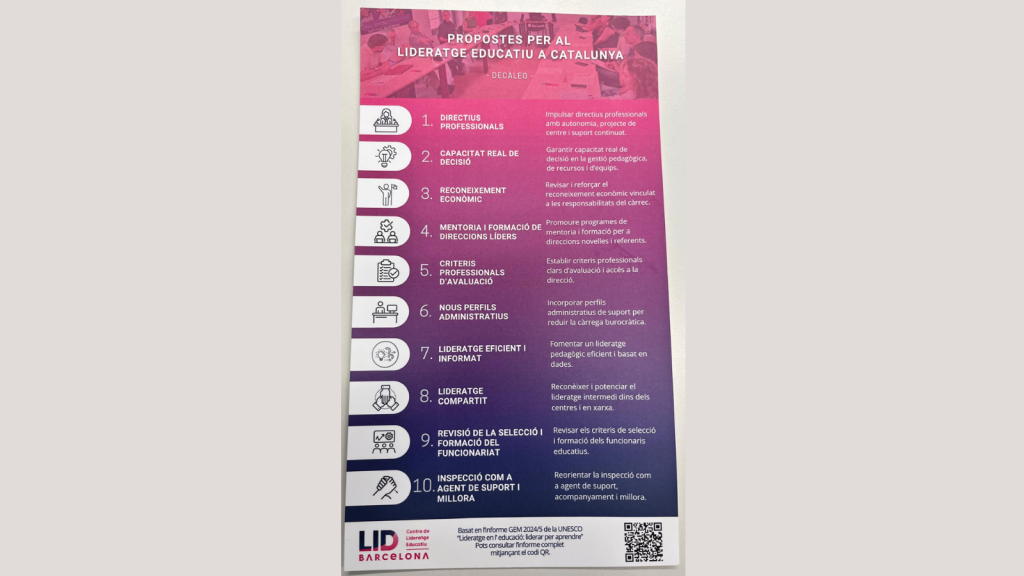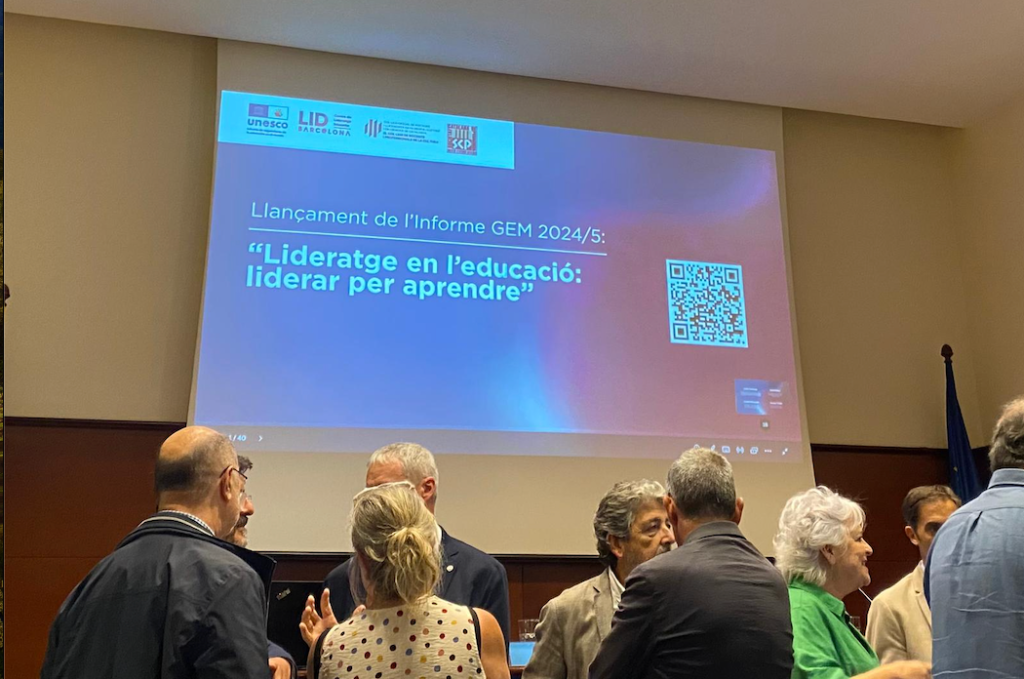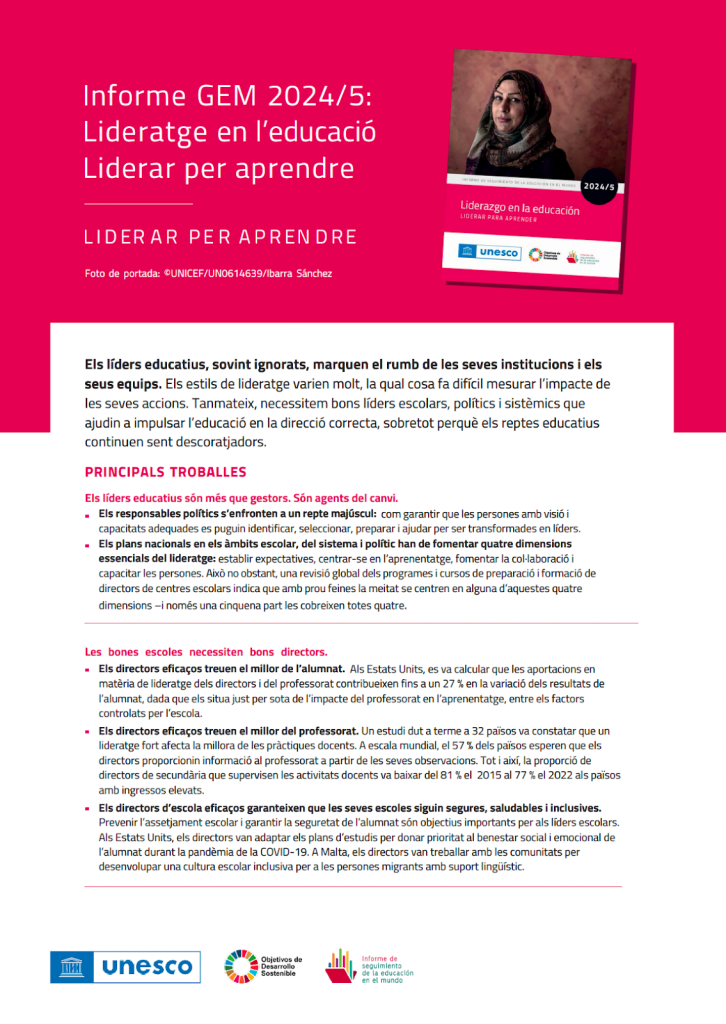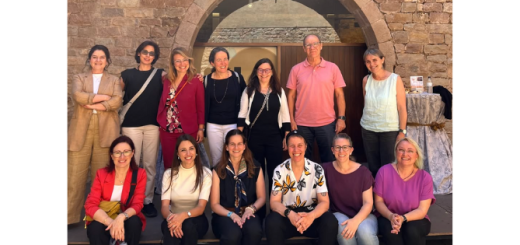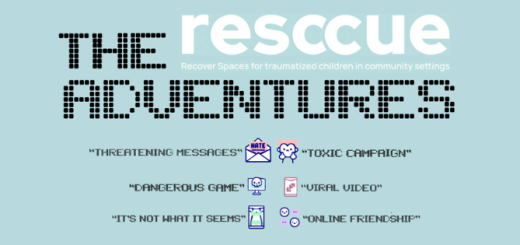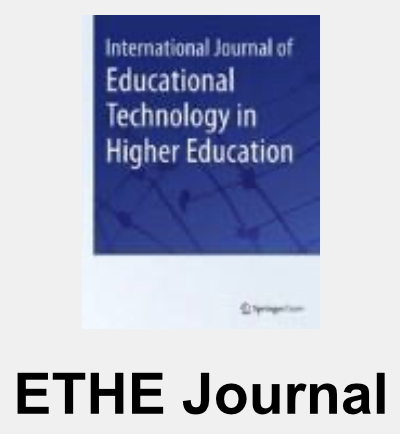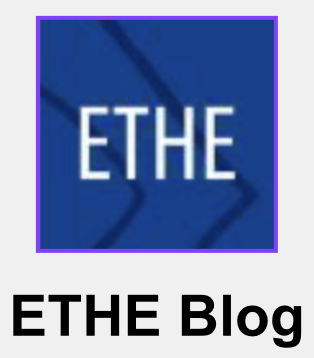Teresa Romeu attends the launch of the “GEM 2024/5: Leadership in education: lead for learning” report led by UNESCO
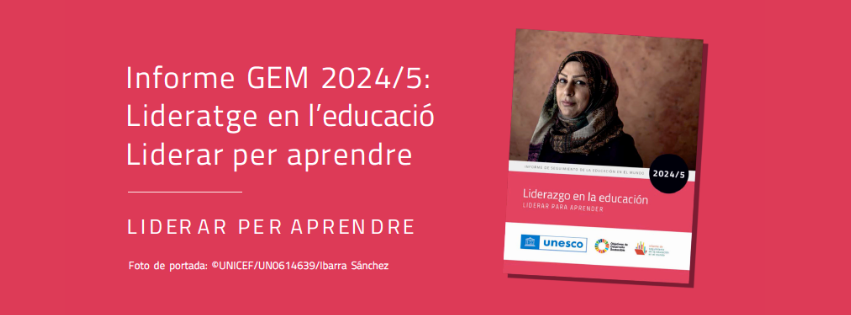
On Thursday, September 25, 2025, the presentation of the “GEM Report 2024/5: Leadership in education: lead for learning” report led by UNESCO took place at the College of Doctors and Graduates – College of Teachers in Barcelona. The researcher of the Edul@b Research Group, Dr. Teresa Romeu, attended the session on educational leadership and public policies for change on behalf of the UNESCO Chair in Education and Technology for Social Change from Universitat Oberta de Catalunya.
The UNESCO GEM Report 2024/5 highlights that leadership in education goes far beyond administrative management. Educational leaders are agents of transformation who must have the time, trust, tools and support to focus on four essential dimensions: setting expectations, focusing on learning, fostering collaboration and developing people.
The key moments of the event
The event began with the institutional welcome by Àlex Rocas, Dean of the College of Doctors and Graduates-College of Teachers. Afterwards, Anna Cristina d’Addio, Head of Thematic Research at GEM UNESCO, presented the GEM 2024/5 report, offering an overview of the report, as well as the most relevant data and several strategic recommendations.
Following this presentation, Anna Jolonch from LID Barcelona delved into the Catalan version of the GEM 2025/5 report with the presentation of a list of practical recommendations at the local level based on the report’s data:
Towards the end of the event, a round table was established with several representatives of the Department of Education such as directors, academics and public administration. The debate revolved around how to transfer the evidence of the GEM 2024/5 to the Catalan context, how to rethink leadership in schools and how to involve all agents of the education system. The round table was formed by Joan Cumeras, Deputy Director of the Management Function and Pedagogical Leadership of the Department of Education and Vocational Training; Isabel Balaguer, Director of the Institut Escola Eixample and member of the Central Board of Directors; Màrius Martínez, Full Professor of Applied Pedagogy at UAB and Raquel Vidal, Director of the Escola Pia de Vilanova.
Finally, the closing of the event was carried out by Josep Maria Garcia Balda, General Director of Teaching Staff, Department of Education and Professional Training. The event has been promoted by UNESCO, LID Barcelona – Centre de Lideratge Educatiu, el Col·legi de Doctors i Llicenciats – Col·legi de Docents and Societat Catalana de Pedagogia.
More details about the report “GEM 2024/5: Leadership in education: lead for learning“
The Report “GEM 2024/5: Leadership in education: lead for learning” focuses on the fundamental role of educational leaders in promoting educational quality. The document emphasizes that leaders are much more than managers, they are agents of change who can foster collaboration between people and their learning process. It is worth noting that less than half of the training programs for directors cover these essential dimensions and, often, directors are considered solely as administrators.
An effective school needs a good principal, as their leadership has a direct impact on student outcomes, teaching practices and the creation of safe and inclusive school environments. Principals are overloaded with administrative tasks that leave little time for pedagogical leadership. Furthermore, the lack of transparent selection processes, real autonomy and robust training programs limits their educational leadership.
Another aspect to highlight is the need to share leadership within schools and education systems. The report argues that principals should not be seen as lone heroes, but rather that teachers, students and the educational community should be empowered to also assume leadership roles. Similarly, education officials and Ministers of Education, despite operating in complex environments, have a decisive role as leaders. The gender gap in educational leadership is also highlighted, with fewer women in management positions despite evidence of their positive impact.
Finally, the document offers four key recommendations: promoting the trust and autonomy of school leaders, investing in their professionalization with fair selection processes and adequate training, fostering shared and collaborative leadership, and strengthening the capacity of system leaders. These strategies, according to the report, are essential to achieving the Sustainable Development Goals in education and moving towards a more inclusive, equitable, and learning-oriented school.
You can consult the report “GEM 2024/5: Leadership in education: lead for learning”, here.

